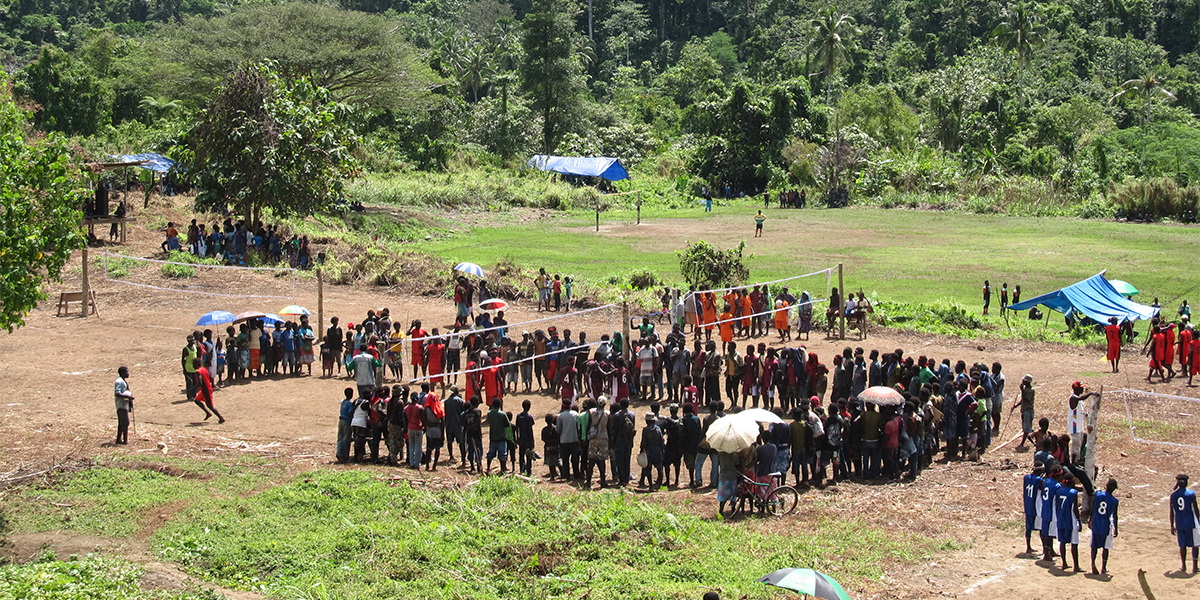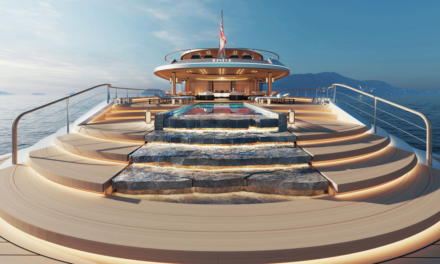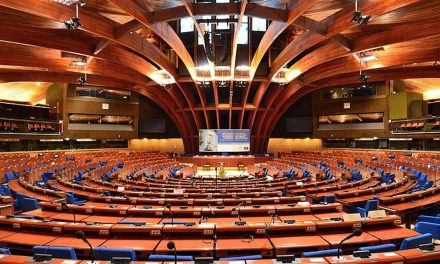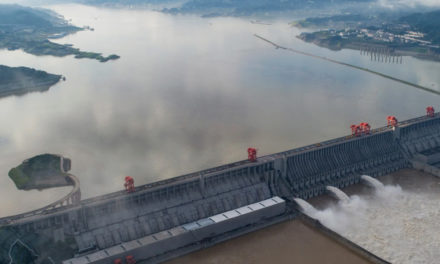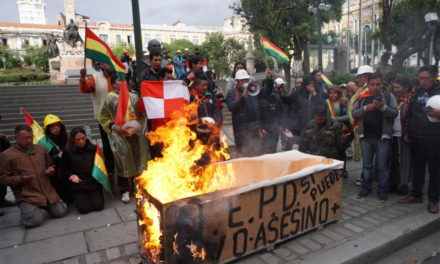Over 200,000 islanders from the Autonomous Region of Bougainville in Papua New Guinea will head to polls tomorrow to vote on whether they want greater autonomy or independence. The polls will remain open until December 7th at which point the national government will have the final say on the non-binding vote.
The region of Bougainville, made up of several small islands, has had a complicated past marred with colonial conflict. After being ‘discovered’ by French explorer Louis Antoine de Bougainville, the region was taken over by a German administration and was part of German New Guinea. During World War I, the territory was occupied by Australia and then administered by the League of Nations. Following the Second World War, Australia took over the governing of the country until its independence in 1975.
At the same time, the region of Bougainville declared itself the Republic of North Solomons, attempting to break free from Papua New Guinea’s hold. The self-declaration was not successful as it failed to garner international recognition and thus the region was absorbed as part of Papua New Guinea with some self-governing powers.
Shortly after, a civil war erupted in the North Solomon province between the Bougainville Revolutionary Army (BRA) and the Papua New Guinea government, lasting between 1988 and 1998 and culminating in the Bougainville Peace Agreement in 2001. The national government agreed to form the Autonomous Bougainville Government, with a promise of a referendum in the future.
What Triggered the Civil War?
Bougainville is an island rich with natural resources. During the 70s, the Panguna gold and copper mine was responsible for providing 45% of the national government’s export income. After the country gained independence, many started to believe that Bougainville deserved sole use of its resources instead of watching mass profits leave the island to prop up another nation.
However, that wasn’t the only thing upsetting the residents. The mine at the time was the largest open-cut mine in the world. According to locals, the environmental impact caused by the mine was devastating the island. It was responsible for contaminating large areas due to toxic waste, affecting land, water and air. Ultimately, the environmental issues and exploitation of the island triggered the secessionist uprising that would last ten years.
Independence Movements Across the World
Along with Bougainville, other nations are also striving for independence. Across Europe, Africa and Asia, several secessionist movements are currently on the rise, intrinsically linked by the need for nationhood and autonomy. These movements aren’t anything new and will continue to manifest in most parts of the world. The most recent country to become a sovereign state was only eight years ago when South Sudan broke free from the Republic of Sudan in 2011.
However, there are some independence movements that, despite popularity and mass support, continue to struggle for sovereignty. Catalonia, an autonomous region of Spain, has sought independence from Spain for several years now. Tensions between the two have been strained for some time, and on October 1st the region held a disputed referendum which was immediately suspended by the Constitutional Court of Spain.
Across the world in Cameroon, conflict between the Anglophone and Francophone communities similarly increased tensions within the country. Cameroon’s English-speaking majority provinces have been calling for independence from its Francophone government, leading to intense clashes between the two. In 2017, the Southern Cameroons Ambazonia Consortium United Front (SCACUF) – a movement seeking independence – declared its independence from Cameroon. However, the government dismissed it and said that it holds no legal weight. The crisis has led to thousands dead and more than half a million displaced.
As Bougainville residents prepare to vote, it seems as though independence may finally be in the cards for the region. However, the 2001 Peace Agreement, states that the referendum is subject to ratification from the government. Now, the final decision remains with the Papua New Guinea government.
Photo Credit: UNDP
- This Artist is Making the Underwater Arena His Canvas - 28th April 2021
- A Video Game that Promotes Peace and Conflict Resolution - 15th March 2021
- Netflix’s ‘Living Undocumented’ is a Difficult Series to Watch, and Exactly Why We Should - 9th March 2021

